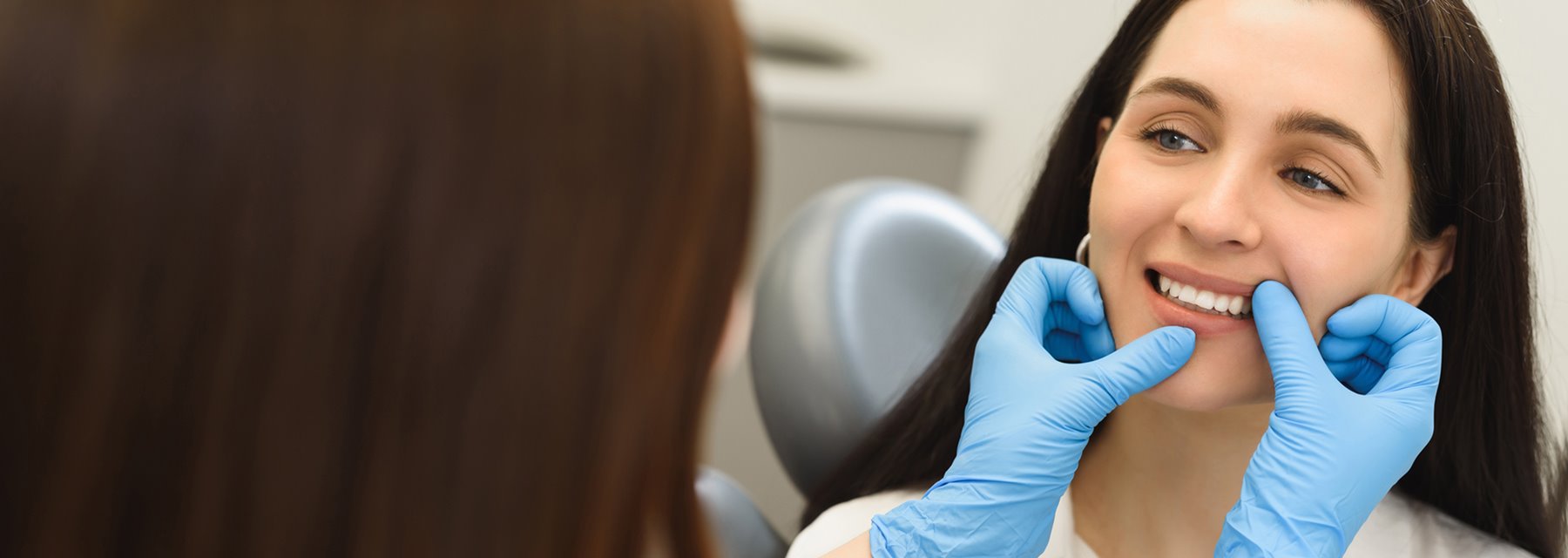
Post-Surgical Instructions
Extensive oral surgery is comparable to extensive surgery in other body areas. It is expected that a small percentage of people may encounter some complication in healing or other post-operative problems. In case of extreme pain, uncontrolled bleeding or any unusual disturbance of emergency nature, telephone the office immediately. Any non-emergency complications or developments can be corrected by arranging for a regular office appointment.
To Insure Maximum Comfort and Healing Following Tooth Extractions and Other Oral Surgery:
BLEEDING: Bite on the gauze placed in your mouth with continuous PRESSURE and change every 20 minutes. This will help stop bleeding. Do not suck on the gauze or spit unnecessarily as it will prolong the bleeding. Some blood in the saliva for 1-2 days is normal. If heavy bleeding occurs, it may be controlled with gauze packs or tea bags over the wound for ½ hour under biting pressure, and may be repeated if necessary. Pressure is the best way to stop bleeding.
ORAL HYGIENE: Do NOT rinse for 24 hours. After 24 hours, if bleeding is stopped, gently rinse with warm salt water every 3-4 hours (1/4 teaspoon to a glass of warm water). After 24 hours, brush your teeth but do not disturb the wounds.
PAIN: Before the anesthetic wears off, take 1-2 ibuprofen, aspirin or Tylenol every 3-4 hours. If this does not work, use the prescribed medication according to the directions. Avoid taking pain medication on an empty stomach. Following dental surgery it is normal to experience some pain.
SWELLING: Some swelling is normal. To minimize the swelling, apply an ICE bag (or a towel filled with crushed ice) to the face. After 48 hours HEAT should be applied to the face whenever possible to hasten resolution of swelling. Heat should be continued as long as swelling remains. MOIST HEAT is most effective. Absolutely NO ICE should be applied after 48 hours.
DIET: You may have liquids immediately. After 4 hours, a soft diet may be resumed. Drink plenty of fluids. Do NOT use a straw. Do not disturb the wounds and do not use any alcoholic beverages while you are taking prescription pain medications for 24 hours after oral or IV anesthetic.
Try to chew on the side opposite where the oral surgery was performed. You may be more comfortable if you avoid foods such as citrus fruits and juices, spicy foods and especially foods like peanuts, popcorn, potato chips, etc. for the next few days.
LIPS: If the corners of your mouth are cracked or sore, keep them lubricated with a little Vaseline or Chapstick.
ANTIBIOTICS: It is not always necessary to take antibiotics after oral surgery. If you are given a prescription, have it filled and take ALL the medication according to the directions on the label.
ALLERGIC REACTION: If you develop a rash or itching, stop your medication and call the office immediately.
HEALING: During the healing process, small sharp fragments of bone may work up through the gums. A fragment which does not come out then becomes particularly irritating can be easily removed by the doctor, if necessary.
ANESTHETICS: If you received an IV anesthetic you will need to remain quiet and have adult supervision for 4-6 hours. Stand up slowly, if you feel faint lie down immediately.
Following any surgical oral procedure (particularly the removal of impacted lower wisdom teeth) several undesirable effects may occur.
- You may have pain which becomes worse after a few days and does not respond to medication you are taking. This may indicate an inflammation of the bone socket. It is necessary for you to call the office and arrange to come in for a sedative dressing.
- Other teeth on the same side may ache temporarily.
- You may have a sore throat or earache for a few days. If the medication you are taking does not make you comfortable, call the office.
- You may develop a fever. If the temperature reaches 101 degrees, call the office.
- A numbness of the lower lip may occur on the same side as the surgery. It should gradually disappear in time. Mention this at your post-operative visit.
- There may be a “hole” in your gum after surgery. This will fill in with time. Rinse your mouth after meals to keep it clean.
- If you are in doubt about your post-operative progress, phone the office. It is better to discuss the problem with the doctor or his staff, than to listen to the advice of a “well meaning” neighbor or friend.
DO NOT HESITATE TO CALL THIS OFFICE IS ANY OTHER PROBLEMS ARISE WHICH YOU DO NOT UNDERSTAND.
